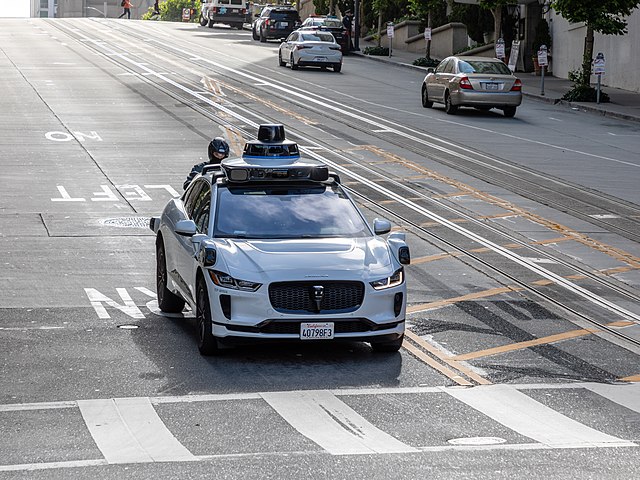
On May 4, US autonomous vehicle corporation Waymo announced on its blog, Waymo One — its robotaxi service — will approximately double its coverage in the Phoenix, Arizona area. This included opening a new stop at Phoenix Sky Harbor International Airport, with up to four passengers permitted in a robotaxi. The company also said it will expand its services to the entirety of the San Francisco peninsula in California.
Chief Product Officer Saswat Panigrahi told press: "We are feeling tremendous wind at our backs."
"We're already serving 10,000 fully autonomous trips with public riders every week," Panigrahi said, adding he expected that figure to swell to 100,000 by next summer. "I want to clarify that that's external riders; that does not include the rides we offer to our own employees."
Panigrahi described the Phoenix area as the "largest contiguous AV area in the world." Waymo was set to begin servicing a 180-square mile (466 square kilometer) area including the resort town of Scottsdale which would join its noncontiguous existing coverage areas of Phoenix and the East Valley's Chandler, Gilbert, Mesa, and Tempe.
Waymo said San Francisco rides will be provided free, 24/7, and for all, except in Fisherman's Wharf, North Beach, and other neighborhoods in the northeast, which would only bear staff and select volunteers, Trusted Testers.
Waymo has requested the California Public Utilities Commission's permission to impose fees in San Francisco. The commission's approval would make San Francisco the first city where two companies operate robotaxis: Since June, General Motors-owned Cruise has charged for rides in areas of the city if given at night.
Waymo One vehicles have struggled in San Francisco, for which the Associated Press cited fog and rugged terrain; incidents included sudden halts in streets — in one case, five robotaxis stopped abruptly amid fog and obstructed traffic. Other incidents have included obstruction of emergency services and rear-end collisions with buses.
Noting these incidents, local regulators, in a letter to the Commission, denounced Waymo's expansion as "unreasonable".
Panigrahi contended: "Now, as part of deploying a fully autonomous vehicle, there are clearly additional learnings that we're responding to, and we will place safety at the forefront, first and foremost." He described Waymo One as "continuously improving".
Phoenix's Street Transportation Department declined to comment to Wikinews last Thursday on what it has done to ensure the safety of the robotaxis as it "is not the regulating agency for autonomous vehicles".
Waymo, based in Mountain View, California, is a subsidiary of Alphabet Inc. and started as Google's secret autonomous vehicle program over a decade ago. It commenced testing in Phoenix in 2017, then offering non-free rides in late 2020 across an area of about 60 square miles (155 square kilometers).
Sources
Science - 28 mai 2023 - Wakonda -  - Voir l'historique
- Voir l'historique























